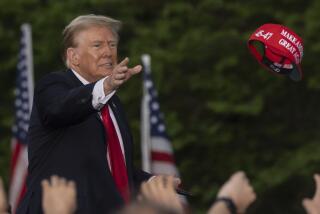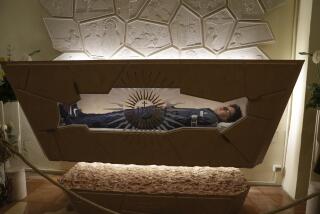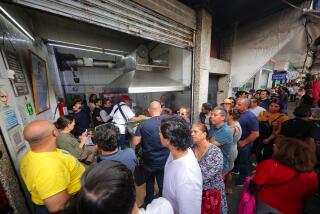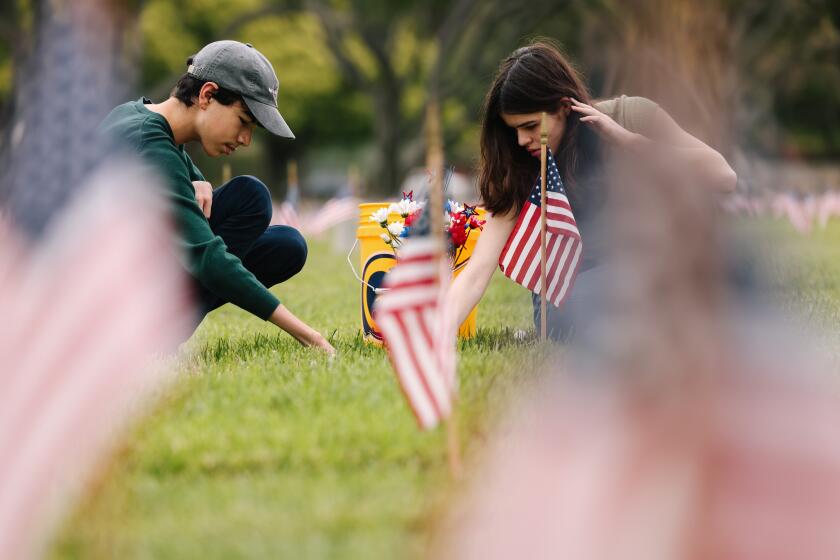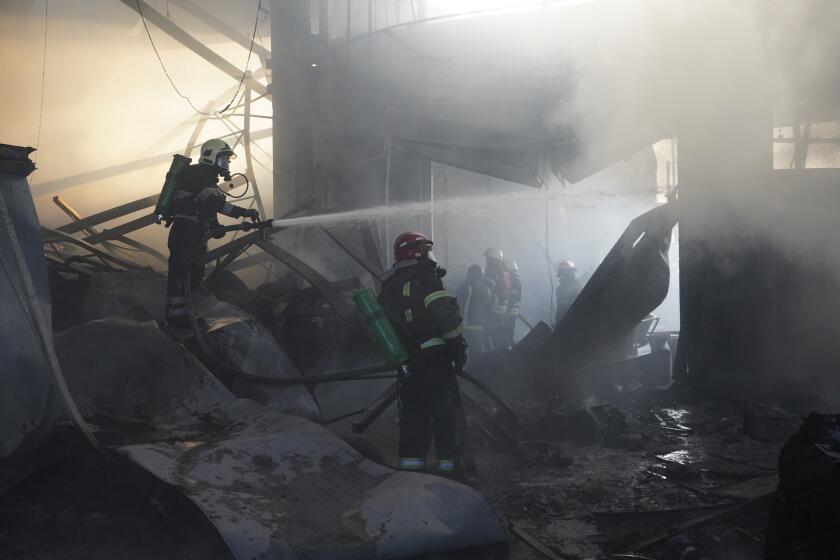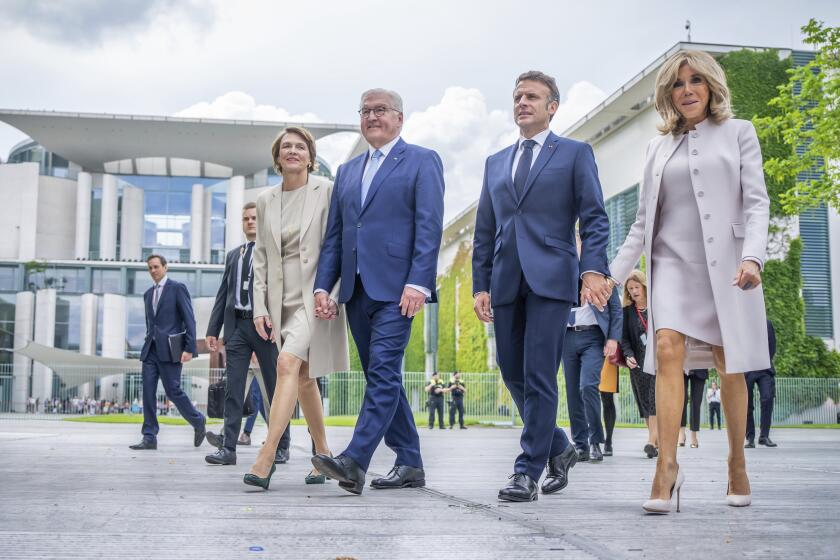Stymied by Afghan Regime, Rebels Plan to Alter Tactics
Anti-government rebels in Afghanistan have lost the “psychological initiative” to the Marxist regime in Kabul but hope to regain the edge in coming weeks through a military and political offensive intended to force the government to defend far more of the nation’s rugged countryside, a senior U.S. official said Monday.
The official, a top Administration strategist on Afghanistan, said the U.S.-backed moujahedeen insurgents were “duped” into mounting major--and so far unsuccessful--sieges of the government-held cities of Jalalabad and Kandahar because city commanders sent word that they were ready to surrender and defect but, instead, staged effective defenses.
“Whether they changed their minds or it was careful misinformation, we can’t tell,” the official, speaking on condition that he not be named, told a small group of reporters. “I assume it was the latter.
“The psychological initiative is now with the regime in Kabul,” the official said. “I suspect that will change in the weeks ahead.”
He explained that much of the mountainous country was covered in deep snow for most of the spring, making it impossible for the moujahedeen to broaden the battle beyond a few important cities. The snow is now mostly gone and probably will not return until October, clearing the way for rebel attacks intended to “spread the resources of the regime quite thin.”
In addition, the official said, the moujahedeen have resolved some of the debilitating internal political conflicts that earlier hobbled military action with poor distribution of arms and failure of coordination.
“For the past 10 years, they have believed that belief in Allah and a willingness to fight were enough,” the official said. “The lesson of Jalalabad is they need to be much better coordinated. They have to play a much shrewder political game.”
The official said the moujahedeen have, in the last few weeks, corrected their arms supply problems, sending available weapons to the units that need them most. In the past, he said, the arms were distributed primarily on the basis of internal political considerations, often resulting in weapons going to units that were not actively engaged in the fighting.
When the Soviet Union withdrew the last of its troops on Feb. 15, many U.S. officials gleefully predicted that the government of President Najibullah would collapse in a matter of weeks. The senior official said that U.S. intelligence estimates were never that optimistic, although he said the regime was expected to last no more than six months to a year.
The official said it now appears that the government may hold out for a year or longer.
The United States wants to see the Afghan war end in a negotiated, political settlement, the official said. But he said such a settlement is nowhere in sight because the moujahedeen refuse to consider a compromise that would assign any sort of role to Najibullah in a future government.
The political solution, therefore, must await the removal of the president from the scene--either by total military defeat, coup d’etat or resignation. The official conceded that, after the successful defense of Jalalabad and Kandahar, Najibullah can be expected to remain a factor for some time.
More to Read
Start your day right
Sign up for Essential California for news, features and recommendations from the L.A. Times and beyond in your inbox six days a week.
You may occasionally receive promotional content from the Los Angeles Times.
